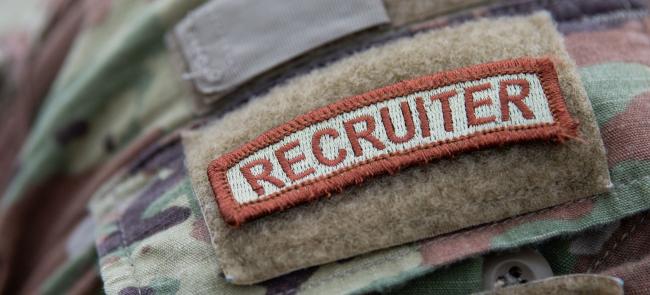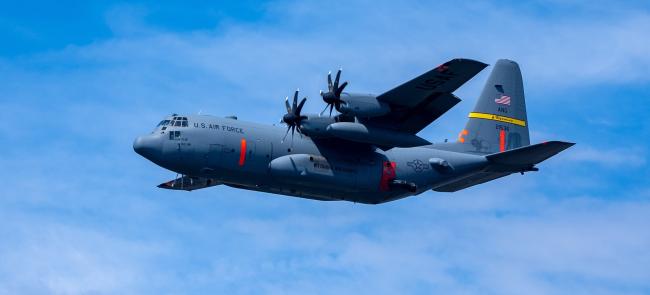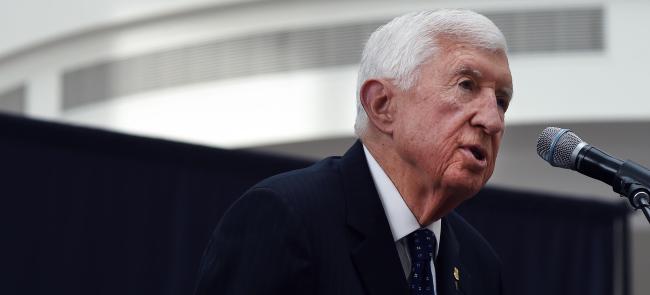
By Maj. Gen. Francis M. McGinn (Ret.), NGAUS President
It seems that Air Force Secretary Frank Kendall believes his service should be allowed to skirt federal law if he promises to do it only once.
That’s what he told a Senate subcommittee yesterday when questioned about his recent legislative proposal to transfer 14 Air National Guard space units in seven states without the consent of their respective governors.
The consent requirement has been law for 120 years. It’s there to make sure Guard units stay in place and under their governor until mobilized by the president.
Guard units may be used by the president, the Pentagon and the services, but they belong to their states. It’s a concept that was born in the Constitution and matured in subsequent law.
Pentagon officials have complained at times about the arrangement over the years, but Secretary Kendall is the first in recent memory to ask for a pass.
This is not how a nation of laws works. Follow the law, or work to change the law.
And one-time passes are never just one time. They open the door to other actions.
Secretary Kendall says this situation is "unique." On this, we agree.
The 14 space units in question include roughly 1,000 airmen. They provide 30% of the U.S. military’s space operations squadrons and 60% of its electromagnetic warfare capability.
Air Force and Space Force officials talk about centralizing space assets for "simplicity."
What they don’t mention is cost. It’s high, especially to the nation.
Transferring these units would destroy them. The most recent survey of Guard space professionals indicates that 86% want to stay in the Guard.
Many are part-time members with good civilian jobs in the tech or aerospace industries. They don’t want to serve full time, yet they are available any time their state or nation needs them.
Additionally, there is no place for them in the Space Force, which currently has no part-time positions, and won’t have any, according to officials, for many years.
In essence, the Air Force proposal is to move empty units to the Space Force.
The nation would then suddenly be without their capabilities at a time when we increasingly depend on satellites and our adversaries are rapidly expanding their military presence in space.
The National Guard Bureau estimates it would take up to nine years and as much as $1 billion to fill this void.
Here is what the Air Force is asking Congress for permission to do: skirt federal law to push some of our most skilled space professionals out of uniform and reduce the nation’s military space capabilities.
Creating a Space National Guard is simpler, cheaper and less risky. Guard space units would be under the Space Force the way Army Guard units are under the Army and Air Guard space units fall under the Air Force.
And no law would have to bypassed. Not even once.
The author is the president of the National Guard Association of the United States. He can be reached via ngaus@ngaus.org.












